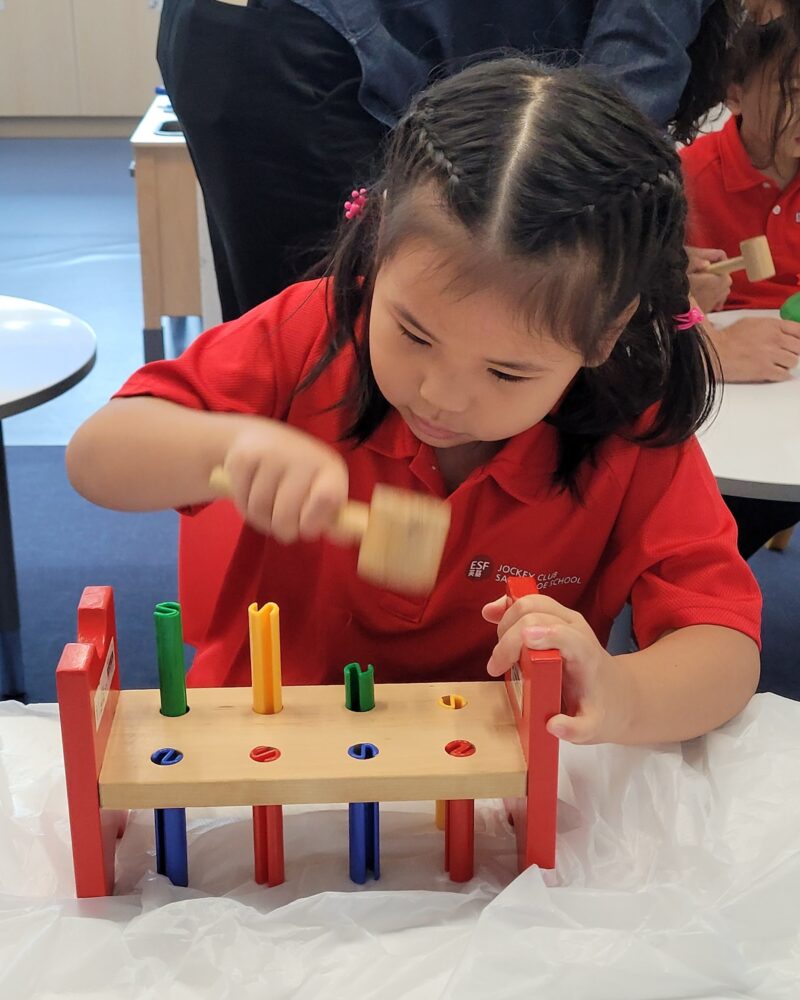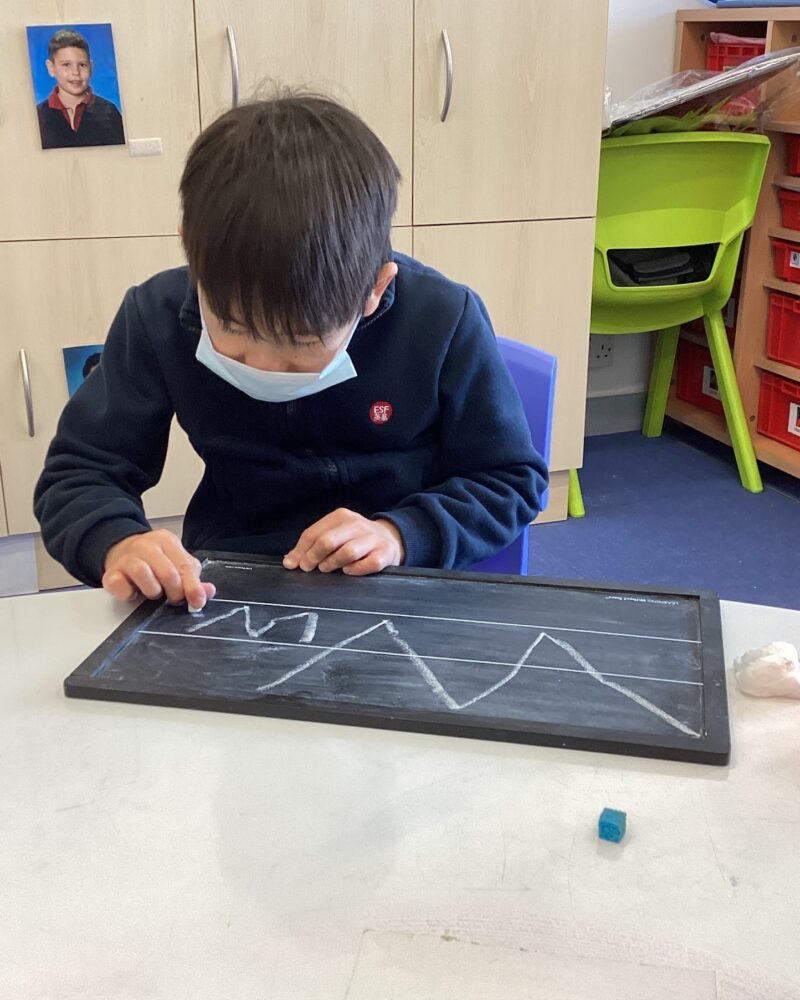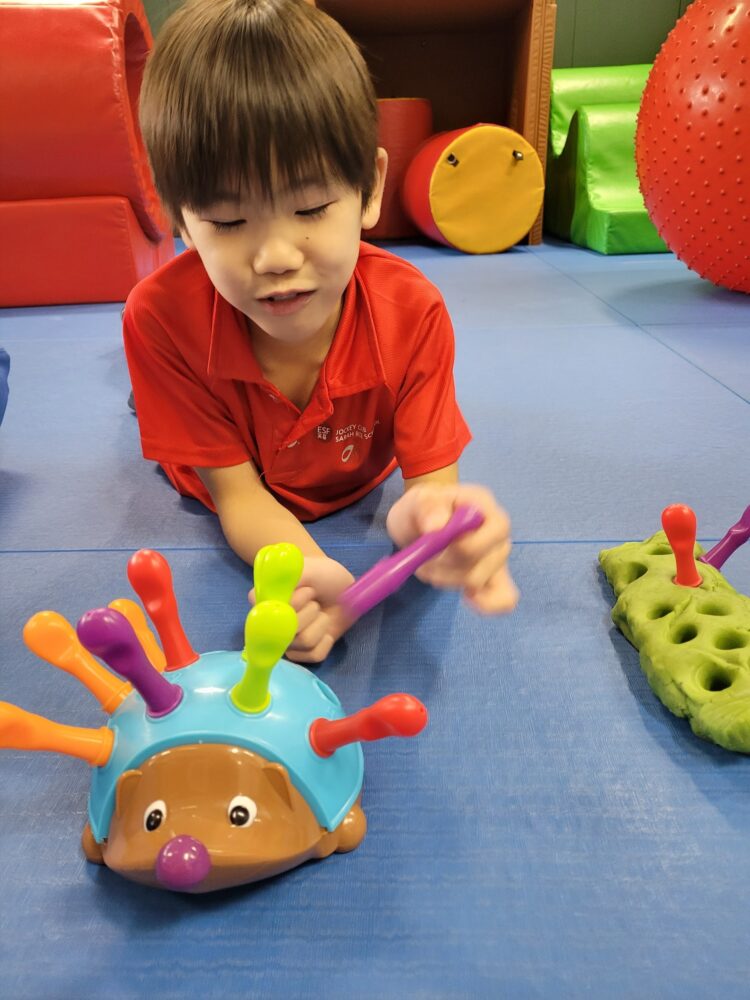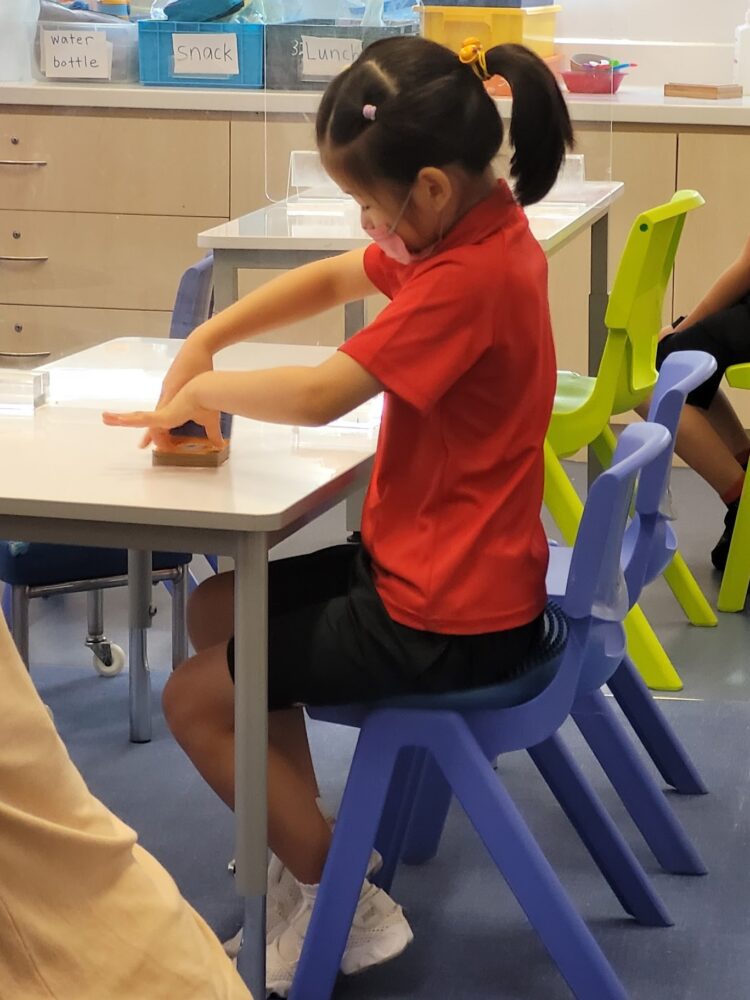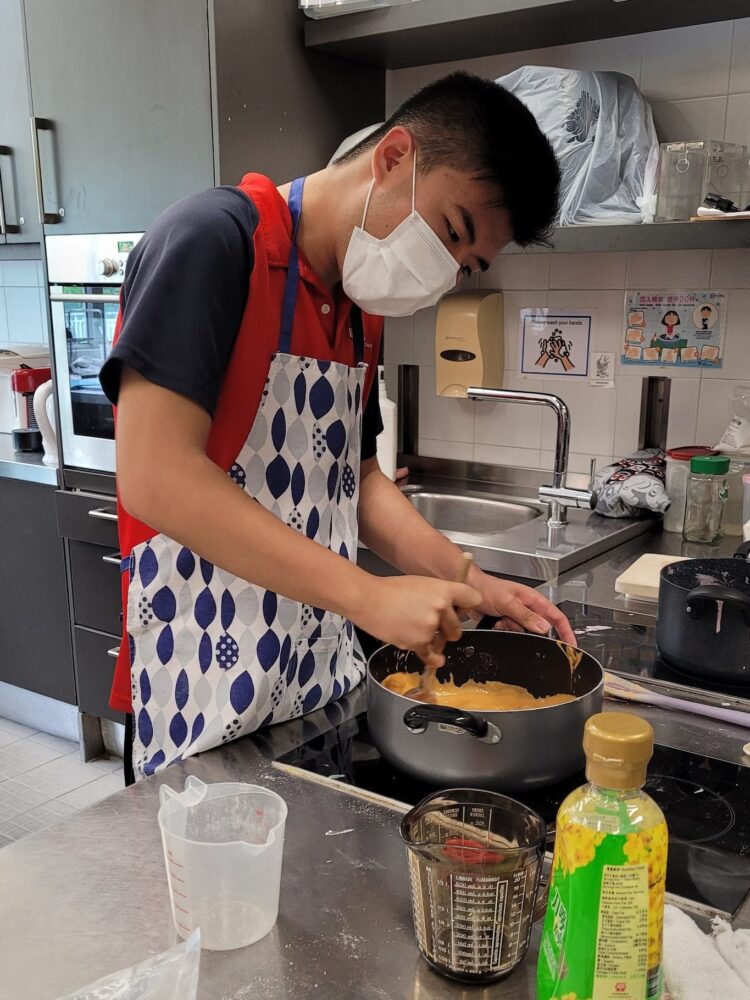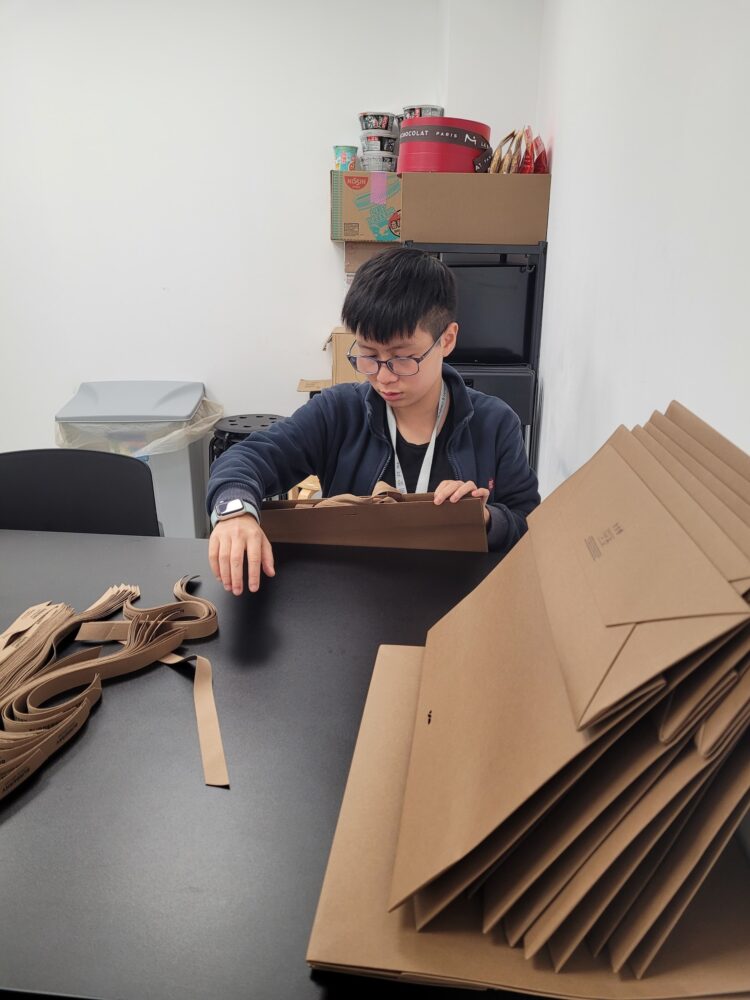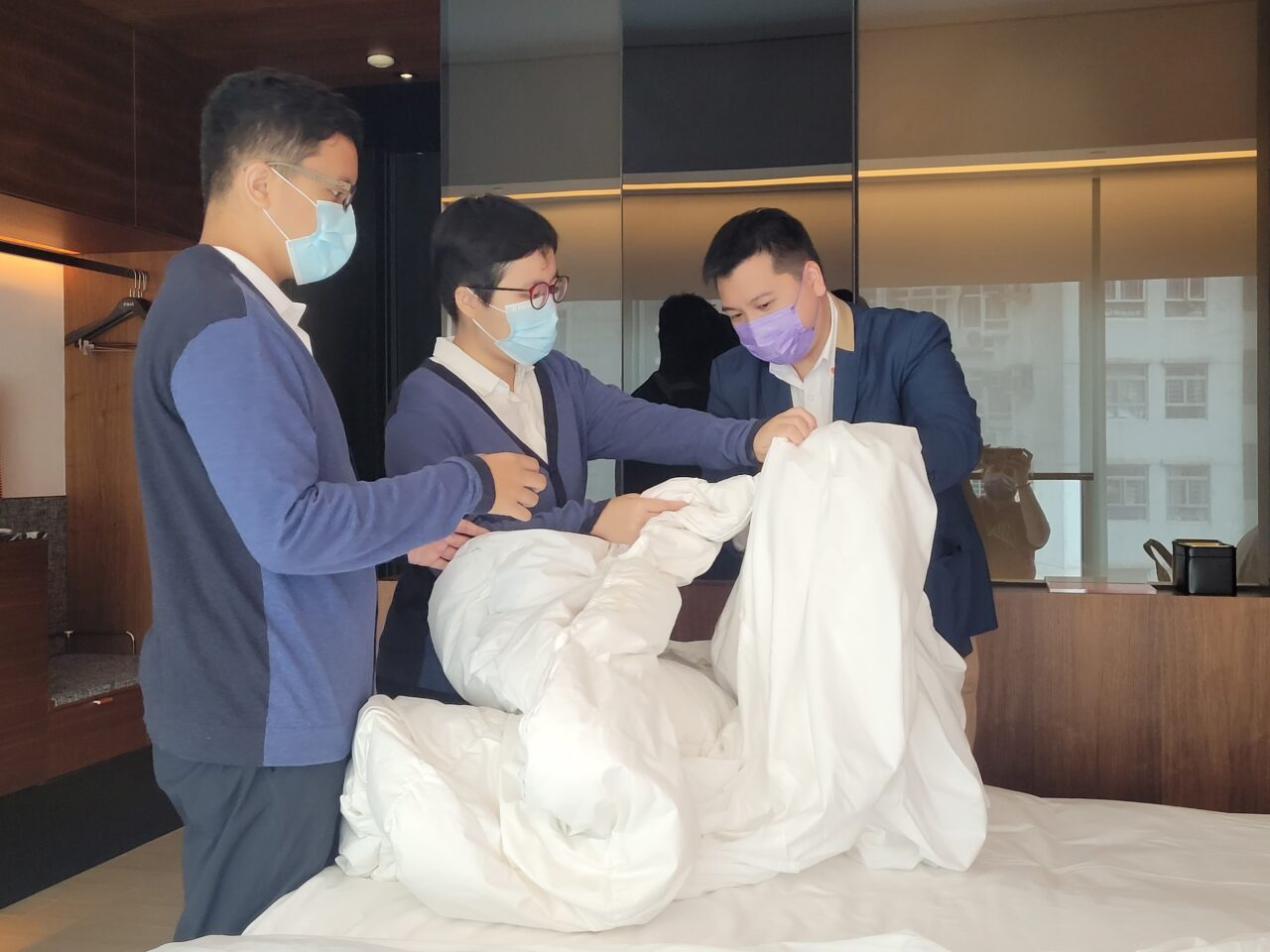Occupational therapists improve independence in the key roles of the school-going child: education, socialisation and play.
At JCSRS, the occupational therapists form part of the education team to support the students within the natural school settings (e.g. classroom, lunchroom, playground). The aim of this structure is to support the student to engage with the curriculum, develop self-care skills, participate in play and learn social skills all within the school context.
We know that the majority of special needs students have sensory integration difficulties. At JCSRS, we have a state-of-the-art sensory integration room. Here students are challenged to try new things within a sensory-rich environment.
Sensory integration principles are carried into the class as well. The OTs support students in class with adaptive seating and other sensory tools to support their engagement in the classroom.
Vocational education is an important part of preparing the students for graduation. Our OT team works collaboratively with the vocational team at the school to develop meaningful vocational skills and experiences for our students. The vocational programme is designed with in-school vocational opportunities, and the team works closely with external organisations to provide off-site vocational opportunities as well.

